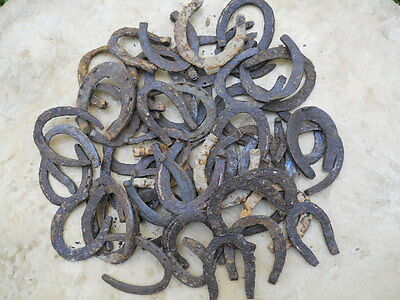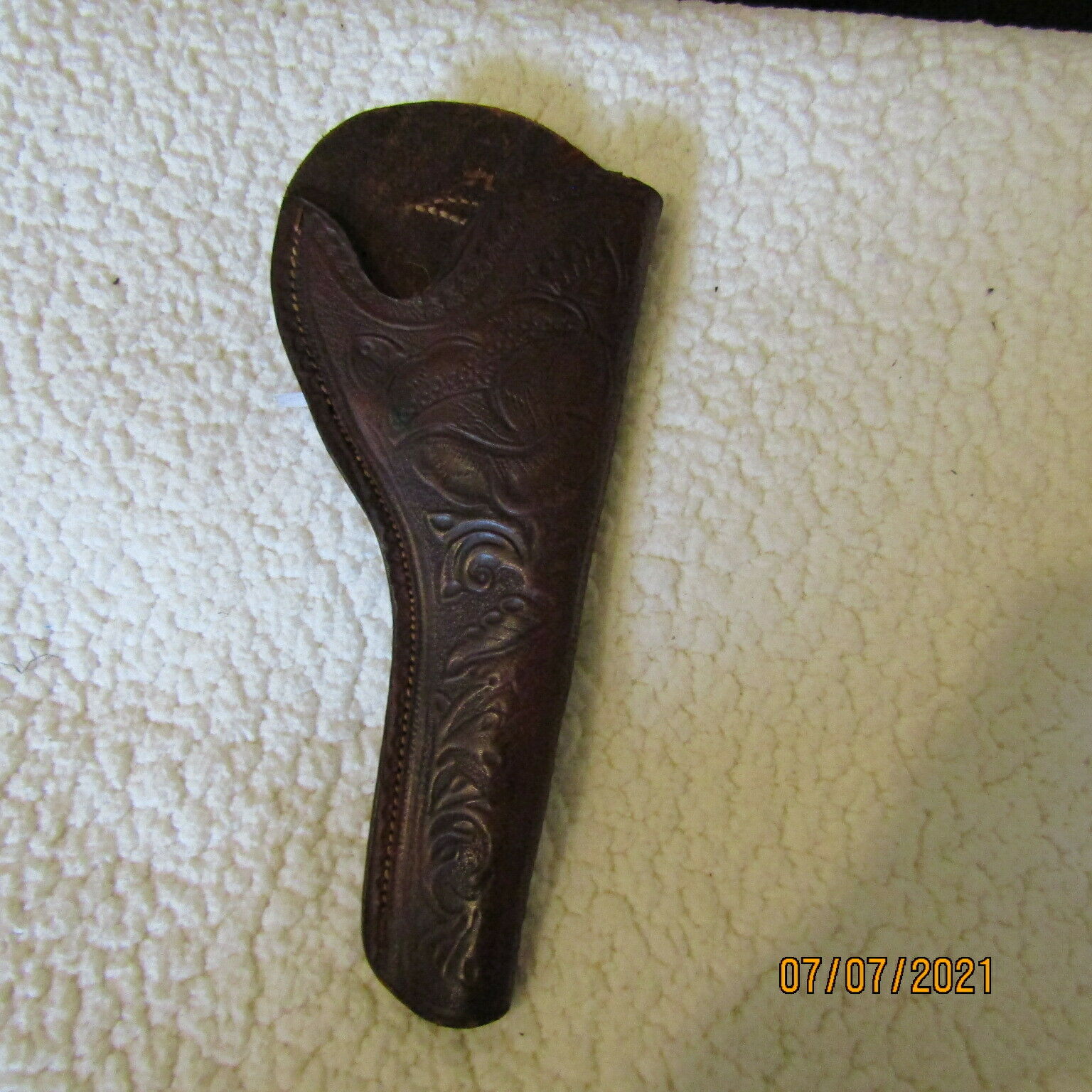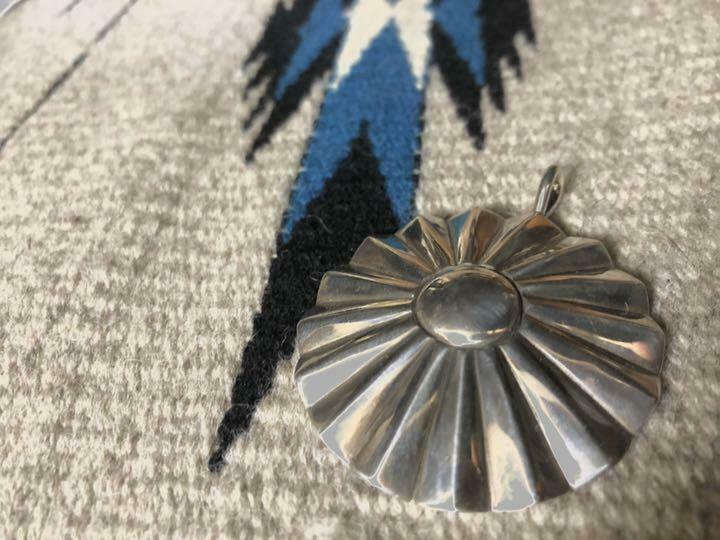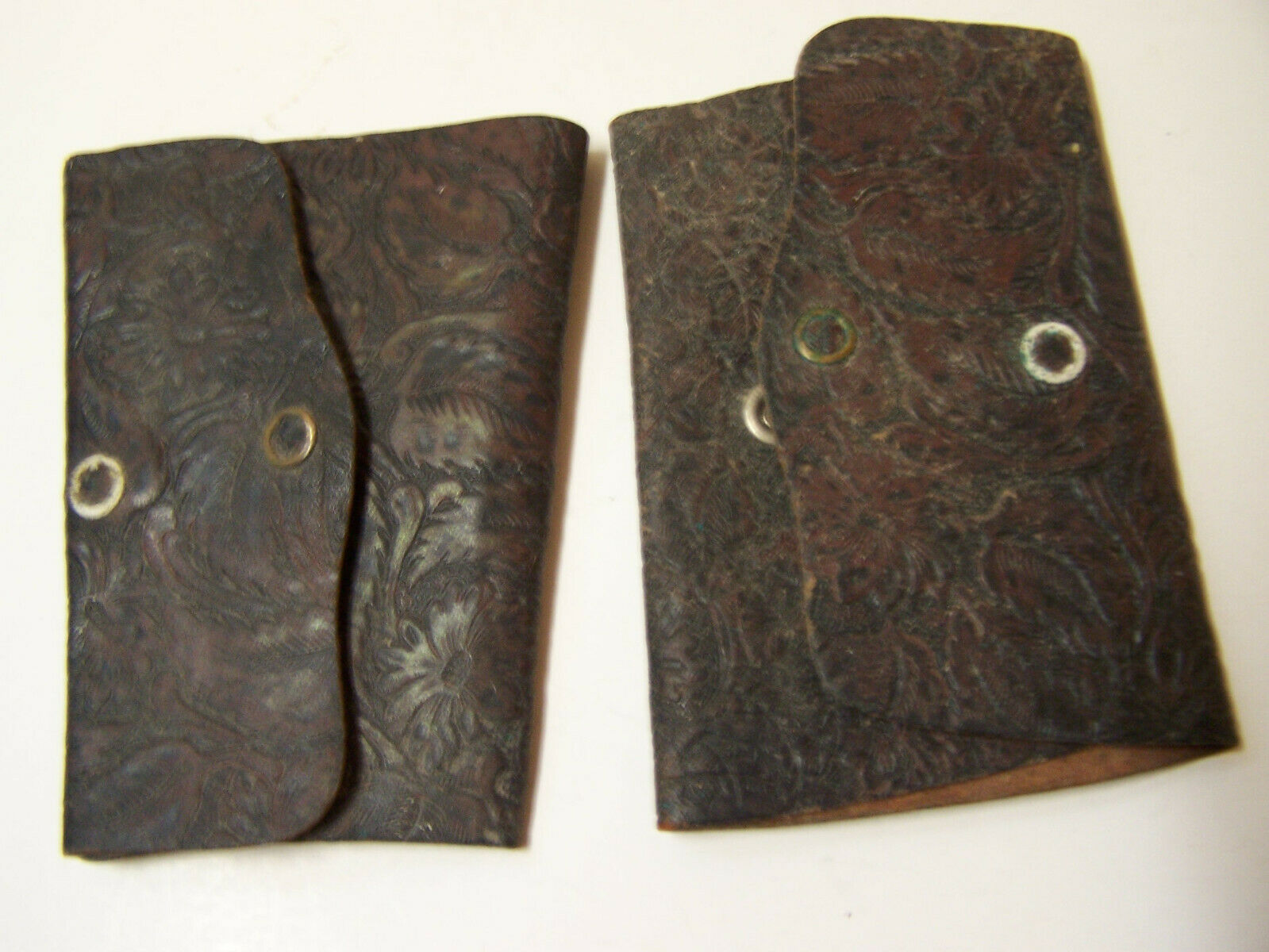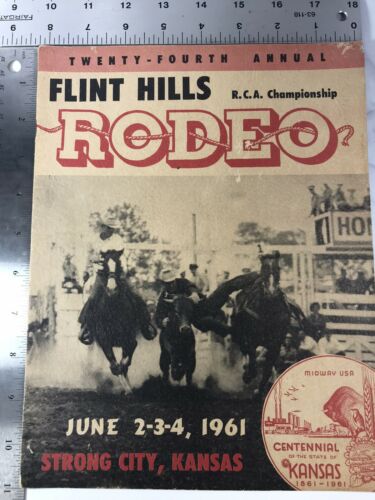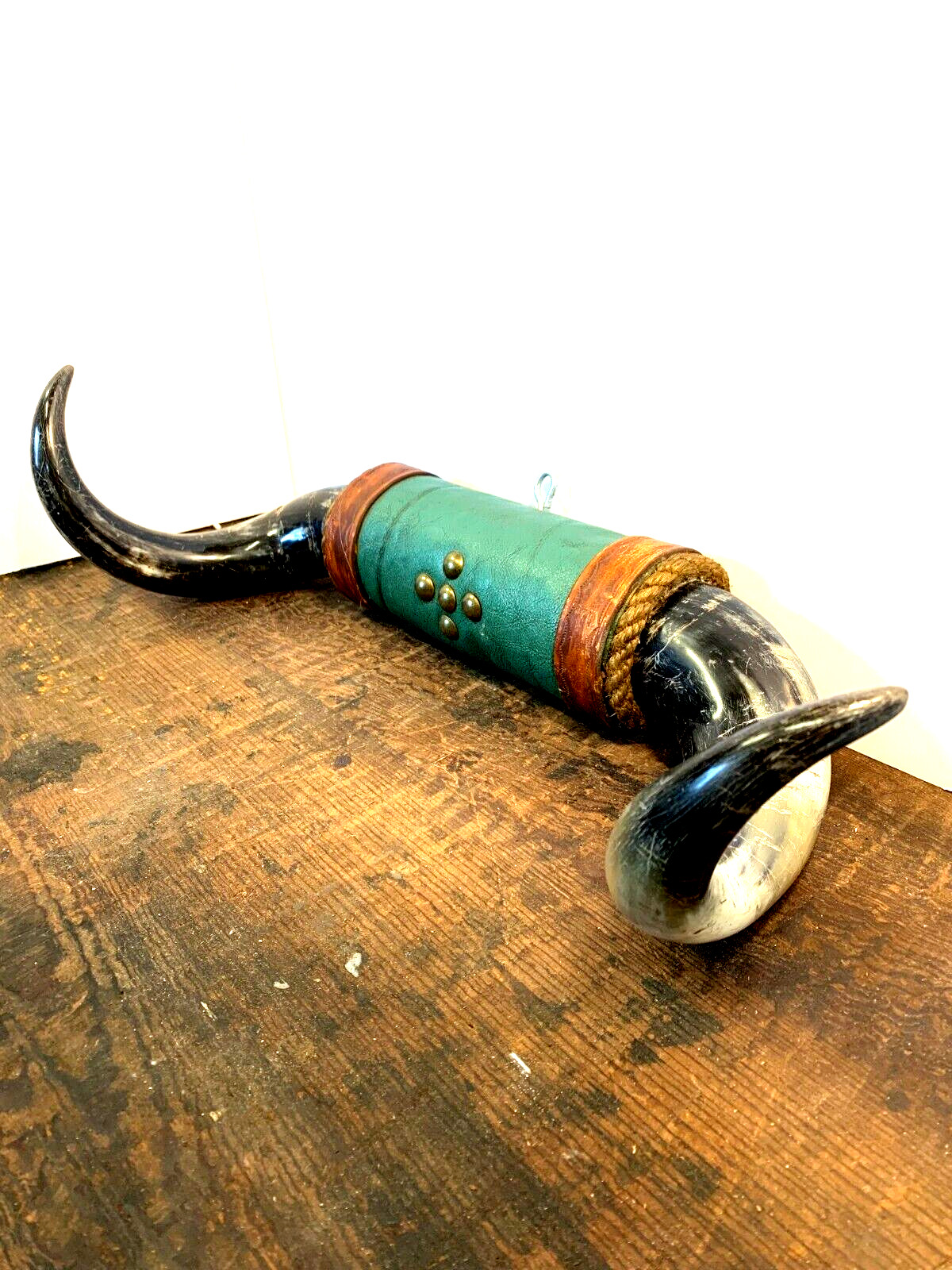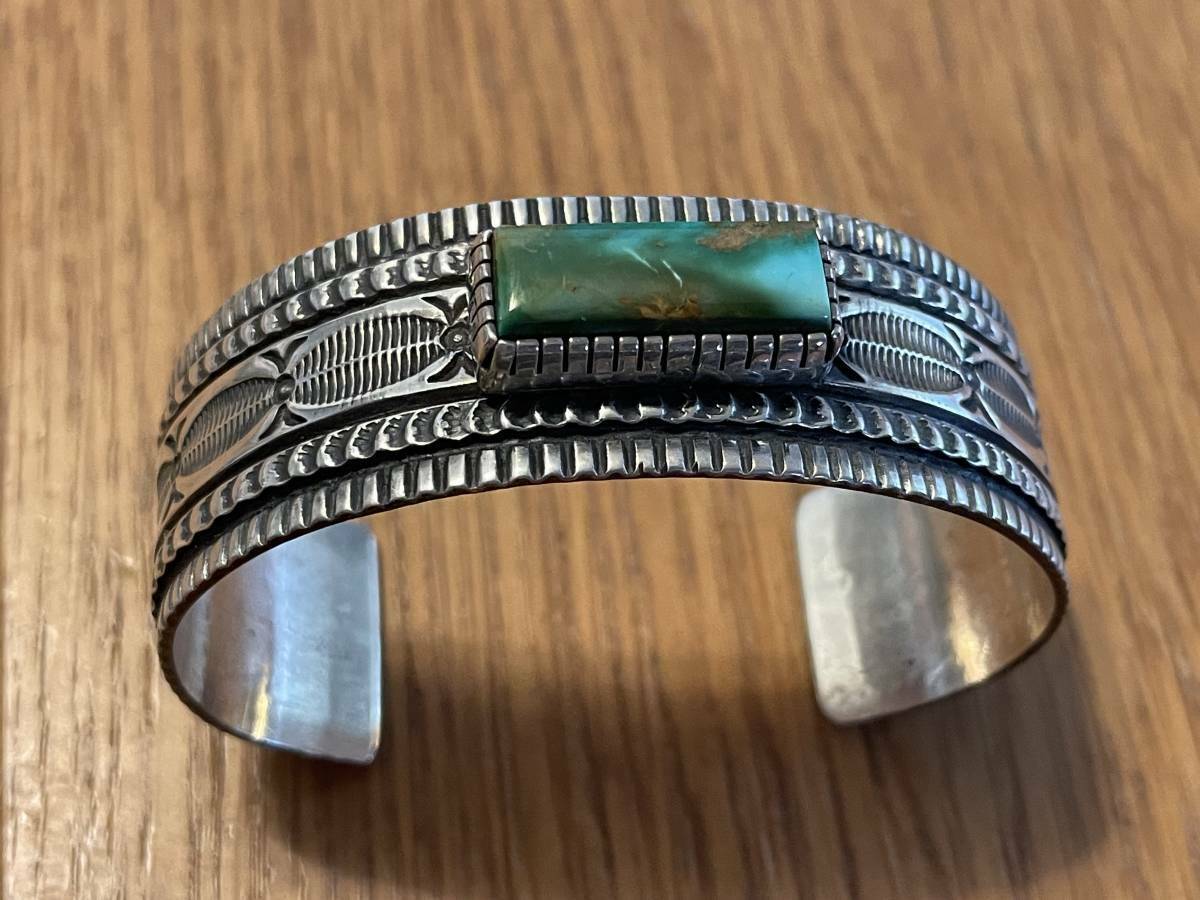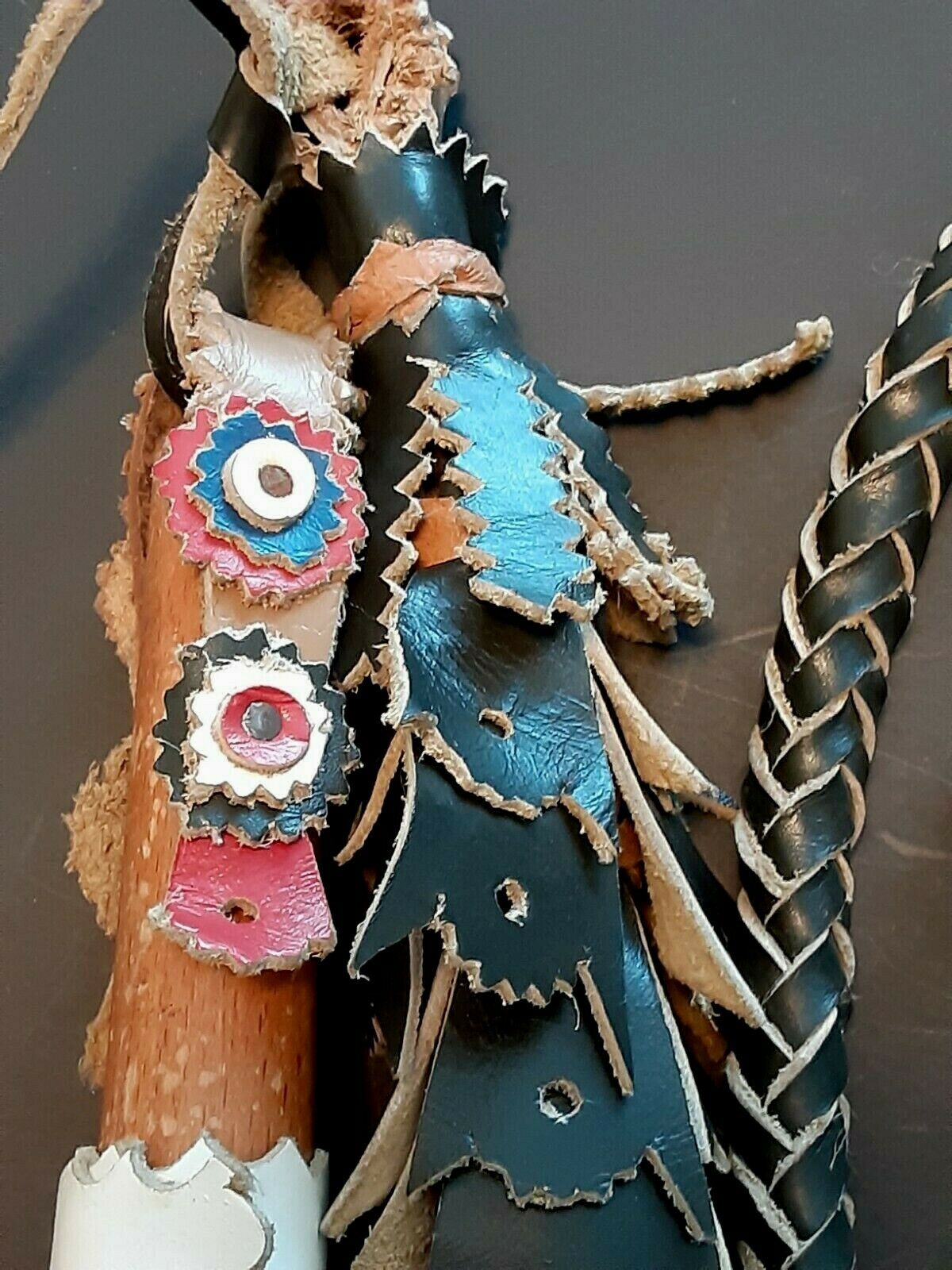-40%
Buffalo Bill Dead Colonel W. F. Cody Farewell old Scout Colorado Soldier B23
$ 99.79
- Description
- Size Guide
Description
Buffalo Bill Colonel W. F. Cody Dead. Colorado Soldier, Scout, Showman.Unusual Funeral Planned
Stories from the Life Of Buffalo Bill
Farewell Old Scout
Peace at last, Illustration by Hal Coffman
Los Angeles Times January 11 1917
20 Pages
Born near LeClaire in Scott County, Iowa, in 1846,
Buffalo Bill
Cody rode on the Pony Express at the age of 14, fought in the American Civil War, served as a scout for the Army, and was already an Old West legend before mounting his famous Wild West show, which traveled the United States and Europe.
To help preserve this newspaper the tissue we use is acid free but still the newspaper is vunerable and deserving of great care. Therefore no sunlight and not to be exposed to high temperatures. For centuries our priceless history has been preserved intact by libraries universities and colleges and museums.However progress demanded that we preserve our newspaper history by microfilming.This was done and the decades of history were simply dumped. Microfilmed editions it was discovered had a far far shorter life than the original and digital storage was decided was the perfect solution. Sadly the hardware and necessary software becomes quickly dated and keeping storage systems accessible requires vigilance and continued investment.
The original vintage newspaper is endangered.
We have briefly outlined the history of the vandalised newspaper because we are emphasising the importance of preserving this totally irreplaceable historical resource.There is no better place than in the security of individuals and families and the more newspapers and magazines find their way to such homes the less likely that progress will destroy what remains.
And who knows the content might now or in the future attract collectors researchers or historians anxious to locate an only remaining copy.
To whom it may concern ----- "read happily and please take care of this precious newspaper"





